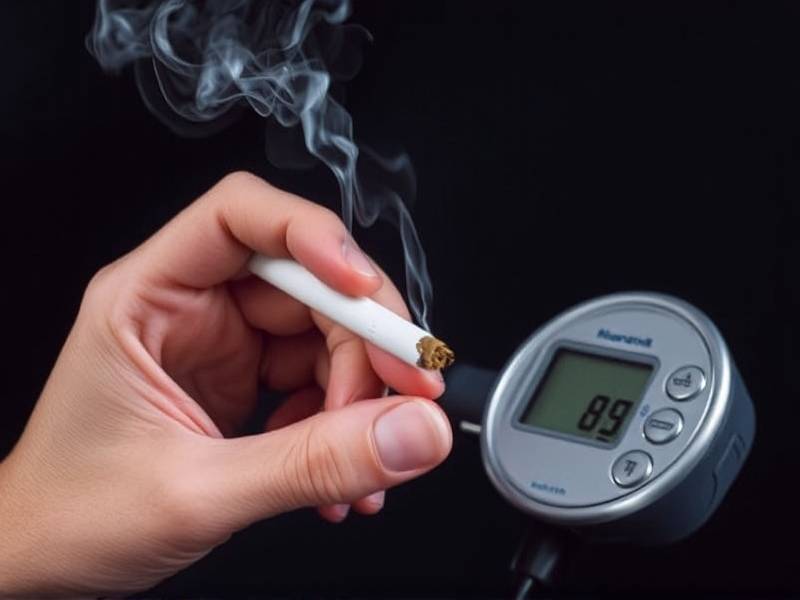Can Quitting Smoking Really Lower Blood Pressure?
Understanding the Link Between Smoking and Blood Pressure
High blood pressure, or hypertension, is a common health concern affecting millions of people worldwide. It is often associated with lifestyle choices, including smoking. The question that often arises is: Can quitting smoking really lower blood pressure? Let's delve into this topic and explore the potential benefits of kicking the smoking habit.
What is Blood Pressure?
Blood pressure refers to the force of blood pushing against the walls of your arteries as your heart pumps blood around your body. The measurement typically consists of two numbers: systolic pressure (the top number) and diastolic pressure (the bottom number). A healthy blood pressure reading usually falls between 120/80 mmHg or lower.
The Impact of Smoking on Blood Pressure
Smoking has been proven to have a detrimental effect on blood pressure. The chemicals present in tobacco smoke can cause arteries to narrow, leading to increased resistance and higher blood pressure. Additionally, smoking can cause damage to the lining of arteries, contributing to atherosclerosis—a condition where plaques build up in the arteries and increase the risk of heart disease and stroke.

The Benefits of Quitting Smoking
Now that we understand how smoking impacts blood pressure, let's explore how quitting smoking can lead to improvements in this vital health indicator.
Improved Arterial Health
When you quit smoking, your body begins to repair some of the damage caused by tobacco smoke. Over time, your arteries may become less stiff and more flexible, which can help lower your blood pressure.
Reduced Risk of Cardiovascular Disease
Quitting smoking significantly reduces your risk of cardiovascular diseases such as heart attacks and strokes. This is because it helps improve arterial health and reduces plaque buildup in your arteries.
Lower Blood Pressure Levels
Numerous studies have shown that individuals who quit smoking experience a decrease in their blood pressure levels. While it may not happen overnight, over time, you can expect to see significant improvements in your readings.
How Long Does It Take for Blood Pressure to Improve After Quitting Smoking?
The timeline for improvements in blood pressure after quitting smoking varies from person to person. However, research suggests that within just 20 minutes after quitting a cigarette, your heart rate starts to decrease. Within 12 hours, carbon monoxide levels drop back down to normal levels in your bloodstream. And within 2-12 weeks after quitting smoking, you may notice significant improvements in your overall cardiovascular health.
Conclusion
In conclusion, there is substantial evidence indicating that quitting smoking can indeed lower blood pressure. By improving arterial health and reducing the risk of cardiovascular diseases, quitting smoking offers numerous benefits for overall well-being. If you're considering kicking the habit for good, remember that every day without a cigarette brings you one step closer to better health—both physically and mentally!

